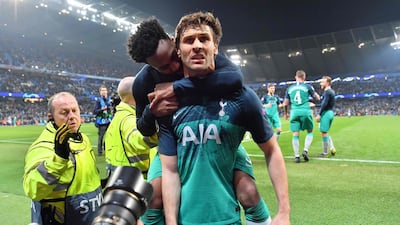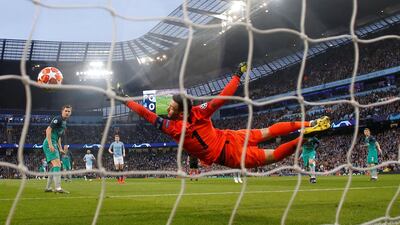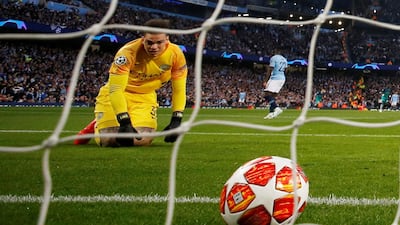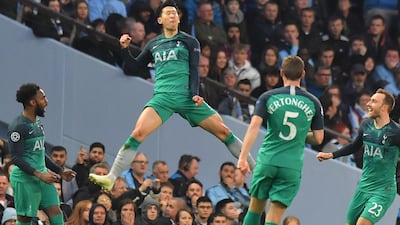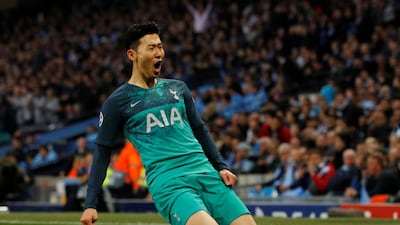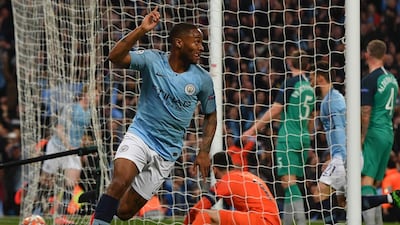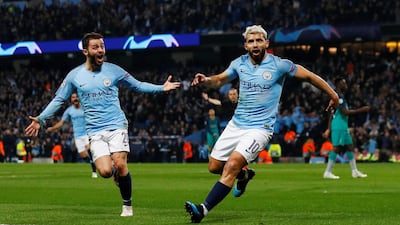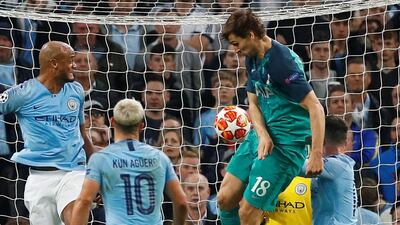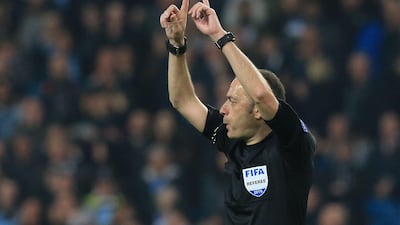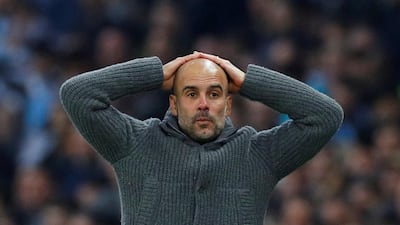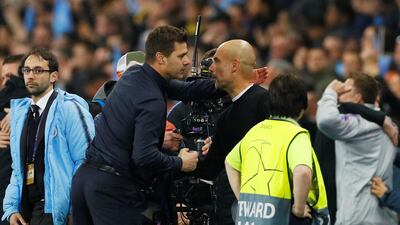The path towards glory was also the road towards Fernando Llorente’s hip.
If Tottenham Hotspur's route to territory they have not charted in 57 years came via the striker's arm, which the ball brushed before going in off his side for the decisive goal in Spurs' away-goal aggregate win over Manchester City, the very fact it was him was telling.
Llorente would probably have been sat on the bench but for Harry Kane’s ankle injury. Indeed, he was on the bench until Moussa Sissoko’s groin strain, which compelled his first-half withdrawal.
Erik Lamela, Harry Winks and Eric Dier would have been more natural replacements for a box-to-box midfielder than an immobile striker was, but they have hamstring, hip and groin problems respectively.
So would Mousa Dembele, but he left in January. Jack Grealish could have been a logical choice to take over from Sissoko, but Tottenham missed out on the Aston Villa man last year.
They became the first Premier League club since 2003 not to make a summer signing and the first Spurs side since 1962 to reach the European Cup semi-finals.
It is a tale of resourcefulness and resolve, of a capacity to adapt to adversity. It reflected Mauricio Pochettino’s can-do mentality.
“When you cannot do what another team does, you cannot complain,” the Argentine smiled afterwards. “You cannot sit and wait and cry. You must be strong and create the spirit that can complete this kind of performance.”
Pochettino’s capacity to extract more from his players was reflected by Llorente, the redeemed misfit. The Spaniard did not score in his first 16 Spurs appearances and has a solitary league goal this season. He represented a cumbersome presence in attack, but pressed into service, he delivered: not convincingly, but crucially.
Arguably Spurs’ two finest players this season represent triumphs of Pochettino’s management. Sissoko and Son Heung-min had underwhelming debut campaigns in London. Some of Tottenham’s continuity has been enforced by budgetary restrictions. They have found the answer within.
Son, football’s best odd-job man, stood in for Kane, scored twice within four minutes to complete a hat-trick of sorts over 23 minutes in the tie and reached 20 goals for the season.
The South Korean is suspended for the first leg of the semi-final against Ajax. Only someone as self-deprecatingly modest as Son could joke that his side might fare better without him and Spurs’ resources will be further stretched, but Pochettino excels in projecting positivity.
“If there is no Sonny and no Harry, it is another,” he said. “It is important to have the belief.”
He has allied it with ideas, reconfiguring the last men standing: three at the back against Borussia Dortmund, a midfield diamond at the Etihad, followed by two banks of four and eventually a fifth defender.
Tottenham have progressed despite their recent (lack of) transfer business and the underlying economics. Their wage bill last season was only £2 million (Dh9.5m) more than Everton’s. They have flourished at brinkmanship, playing sudden death since taking a lone point from their first three group games.
The margins have been narrow; a distraught Sissoko went to the dressing room thinking they had been eliminated by Raheem Sterling's injury-time 'goal', scarcely realising it was disallowed. They were subject to an onslaught. Kevin de Bruyne delivered one of the great performances in a losing cause; Sterling, Sergio Aguero and Bernardo Silva were almost as good.
Tottenham had a reserve in attack, a makeshift central midfield and two struggling full-backs. They nonetheless prevailed in one of the Champions League’s epic ties.
From the ruins of an European campaign that threatened to end ignominiously in autumn, Pochettino and his ever more depleted group of understudies and the unlikely have constructed something very special.
